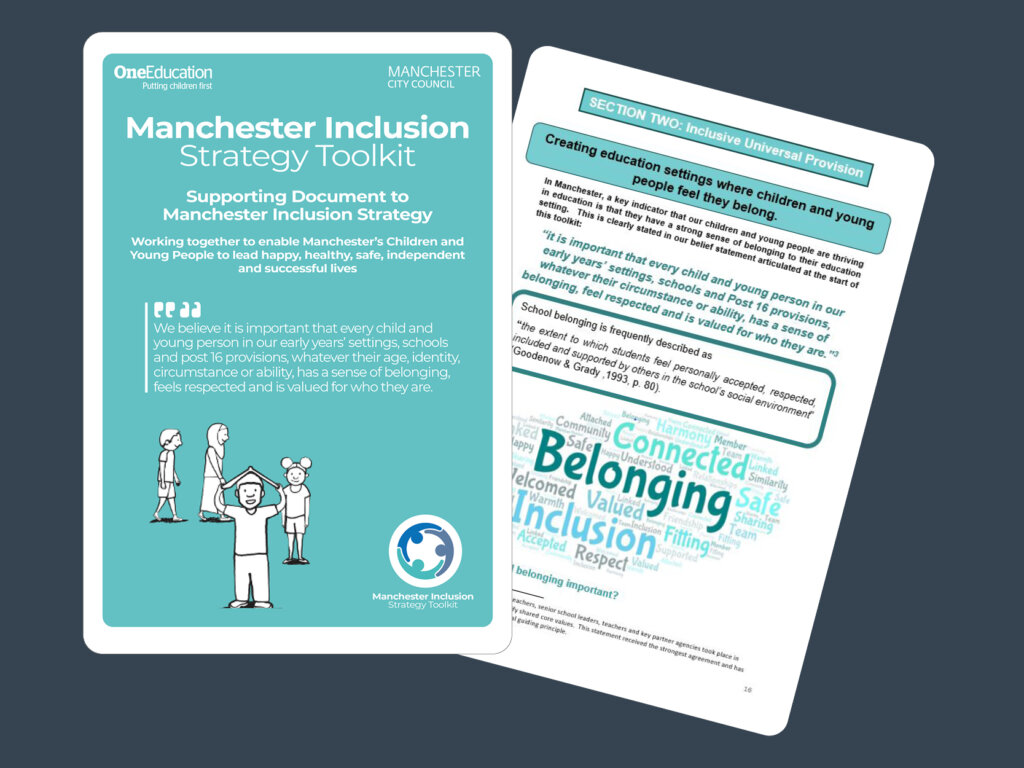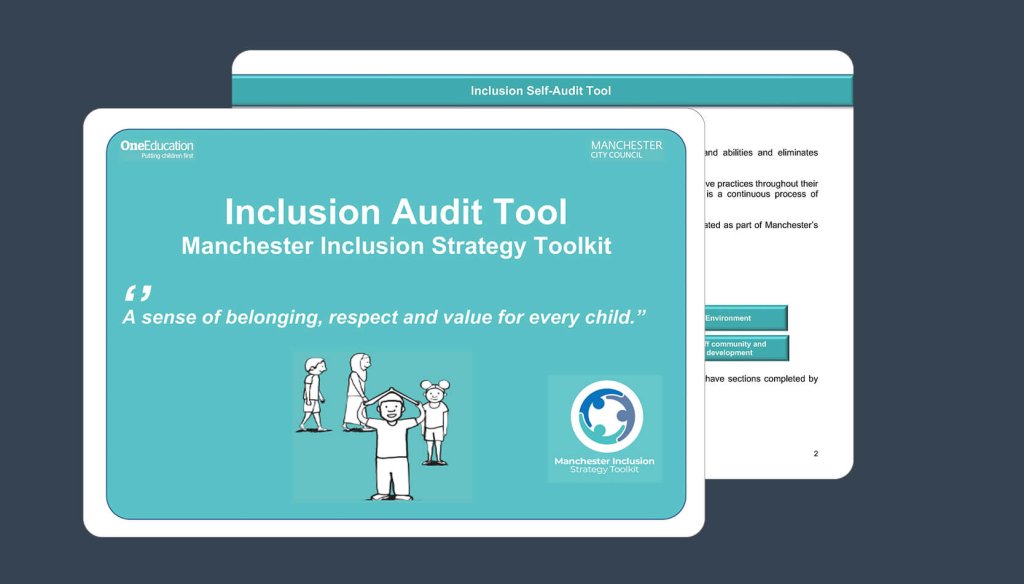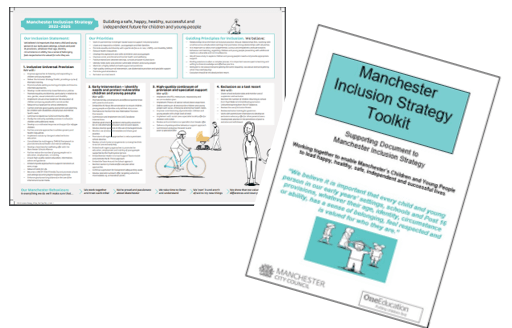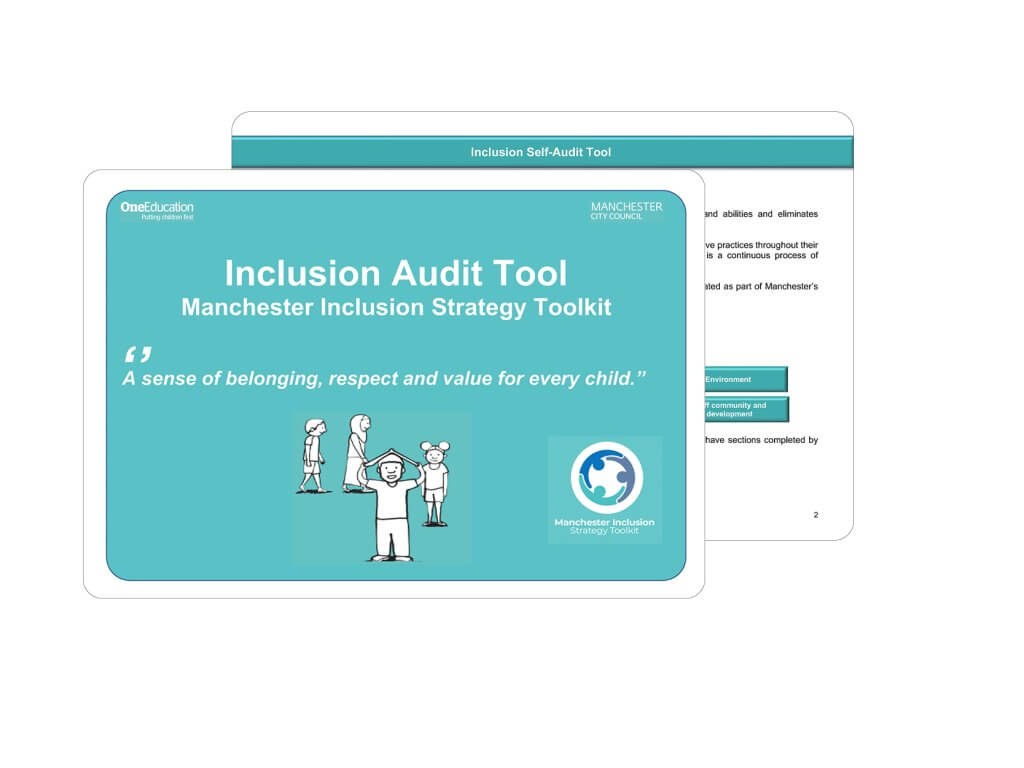With an extensive portfolio of services, tailor-made solutions and leadership support, we can help you to optimise your operations and achieve your school business goals.
What's New

Read our blog to find out how to protect children from online dangers. Essential tips for parents and teachers in today’s digital age. Discover how One Education can help.

This Computer Science Education Week, we explain how our IT and MIS teams are working hand-in-hand with schools to inspire the next generation of tech leaders.
Bringing out the best in school leaders, teachers and their pupils through high-quality consultancy and professional development.
What's New
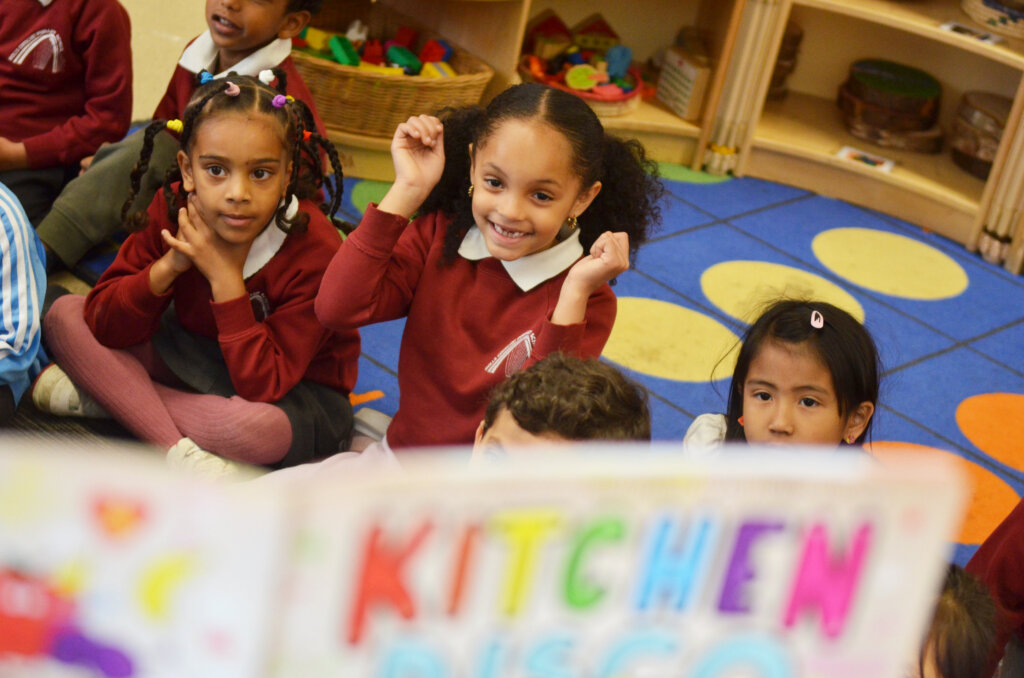
Read ahead as we explore Ofsted’s latest research report on building the essential foundations to learning in Reception and KS1.
Find out more

Find out how our Literacy experts worked with Chapel Street Community Primary School to create a bespoke Writing curriculum tailored to meet children’s needs and raise attainment.
Using theory, research and evidence-based practice to promote inclusion, embrace diversity and transform the life chances of children and young people.
What's New

Learn about recent research published by Katie Ayirebi, Educational Psychologist at One Education, which explores what could be considered as effective support for autistic females in high school.
Find out more

Find out what’s in our inclusion strategy toolkit
View our toolkit
With a team of highly skilled and experienced professionals, we can help you promote the welfare of pupils and keep them protected from harm.
What's New

With reports of more and more young people becoming victims of sexual extortion, we explain what schools can do to safeguard pupils and offer support.
Find out more

Discover how nursery rhymes serve as a powerful tool in creative arts therapy, through which people of all ages can work through trauma, emotional challenges, or developmental struggles.
Find out more
A wide range of additional resources to support you in your role. Please select an area of interest to browse and download the documents.
Some of our services require membership. If you are interested in accessing any of these areas, please complete our enquiry form.
What's New

Contact us to discuss how to purchase exclusive access to our resource area.
Find out more

Find out what’s in our inclusion strategy toolkit.
View our toolkit
What's New

Take a listen to our latest podcast episode, Rethinking Education. All episodes now available .
Click here to listen

Find out what’s in our inclusion strategy toolkit.
View our toolkit
Working across a breadth of leadership, business support and pupil facing services, we are proud to be the partner of choice for schools and trusts across the country.
What's New

Exploring the latest updates, insights and sector developments.
Find out more

World Nursery Rhyme Week is a chance to celebrate nursery rhymes and the role they play in children’s early development and education. In this blog, we explore how you can use nursery rhymes to support oracy in the classroom.
Find out more

